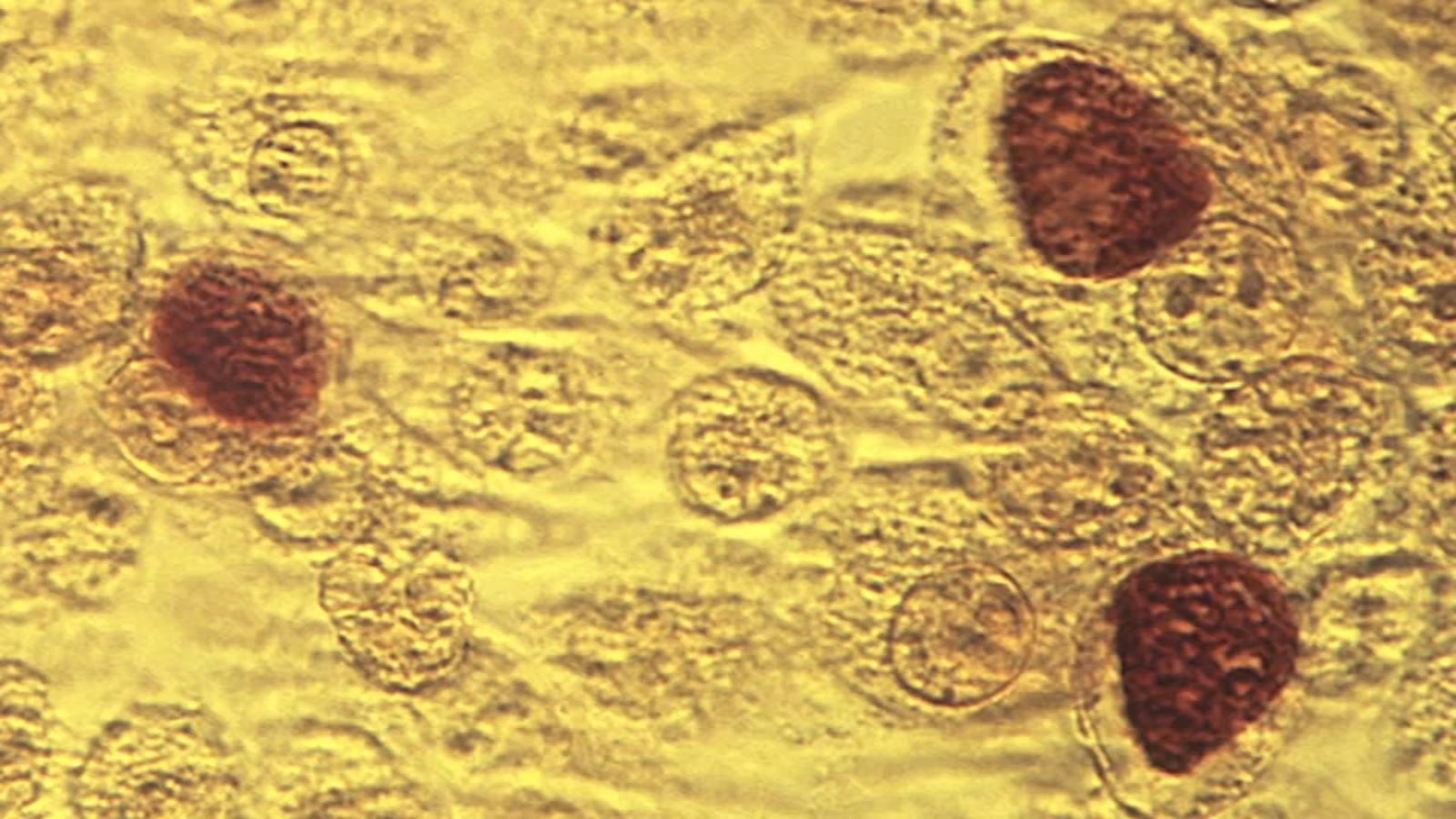Houston, Texas is facing a troubling surge in syphilis cases, particularly among women, prompting the Houston Health Department to declare an outbreak of this sexually transmitted infection (STI).
From 2019 to 2022, syphilis cases among women in Houston skyrocketed by 128%, climbing from 295 cases to 674 cases. Newly diagnosed infections rose by 57%, increasing from 1,845 to 2,905 cases during the same period.
The Health Department defines an outbreak as a significant increase in cases beyond normal expectations. In response to this alarming trend, the Health Department has initiated a rapid outreach response.
This includes expanding screening opportunities, targeting high-risk areas, and mobilizing community partners to prevent further infections. They are also waiving all clinical fees related to sexually transmitted infections at local health centers.
The Centers for Disease Control and Prevention (CDC) recommends regular syphilis testing for sexually active individuals, especially for gay or bisexual men, those who are HIV positive or taking HIV prevention medication, and individuals with partners who have tested positive for syphilis.
Pregnant women are advised to undergo syphilis testing at least three times during their pregnancy to prevent congenital syphilis, which can lead to serious complications for the fetus.

Congenital syphilis, passed from mother to child during pregnancy, can result in miscarriage, stillbirth, premature delivery, low birth weight, or death shortly after birth.
Even surviving infants may suffer from severe health issues such as deformed bones, anemia, enlarged organs, jaundice, neurological problems, and skin rashes.
Syphilis manifests in stages, starting with painless sores in the primary stage. If left untreated, it progresses to a secondary stage marked by a rash on the palms of hands or soles of feet, along with fever, swollen lymph nodes, sore throat, hair loss, headaches, weight loss, muscle aches, and fatigue.
Untreated syphilis can enter a latent stage where symptoms disappear but the infection persists, potentially advancing to the tertiary stage years later, affecting vital organs and posing life-threatening risks.
Houston’s situation reflects broader national trends, with rising syphilis and gonorrhea cases across the United States over the past decade.
Addressing these escalating STI rates requires enhanced public health efforts and increased community awareness to promote testing, treatment, and prevention strategies.
While Houston grapples with its syphilis outbreak, concerted efforts are needed nationwide to curb the spread of STIs and safeguard public health.
